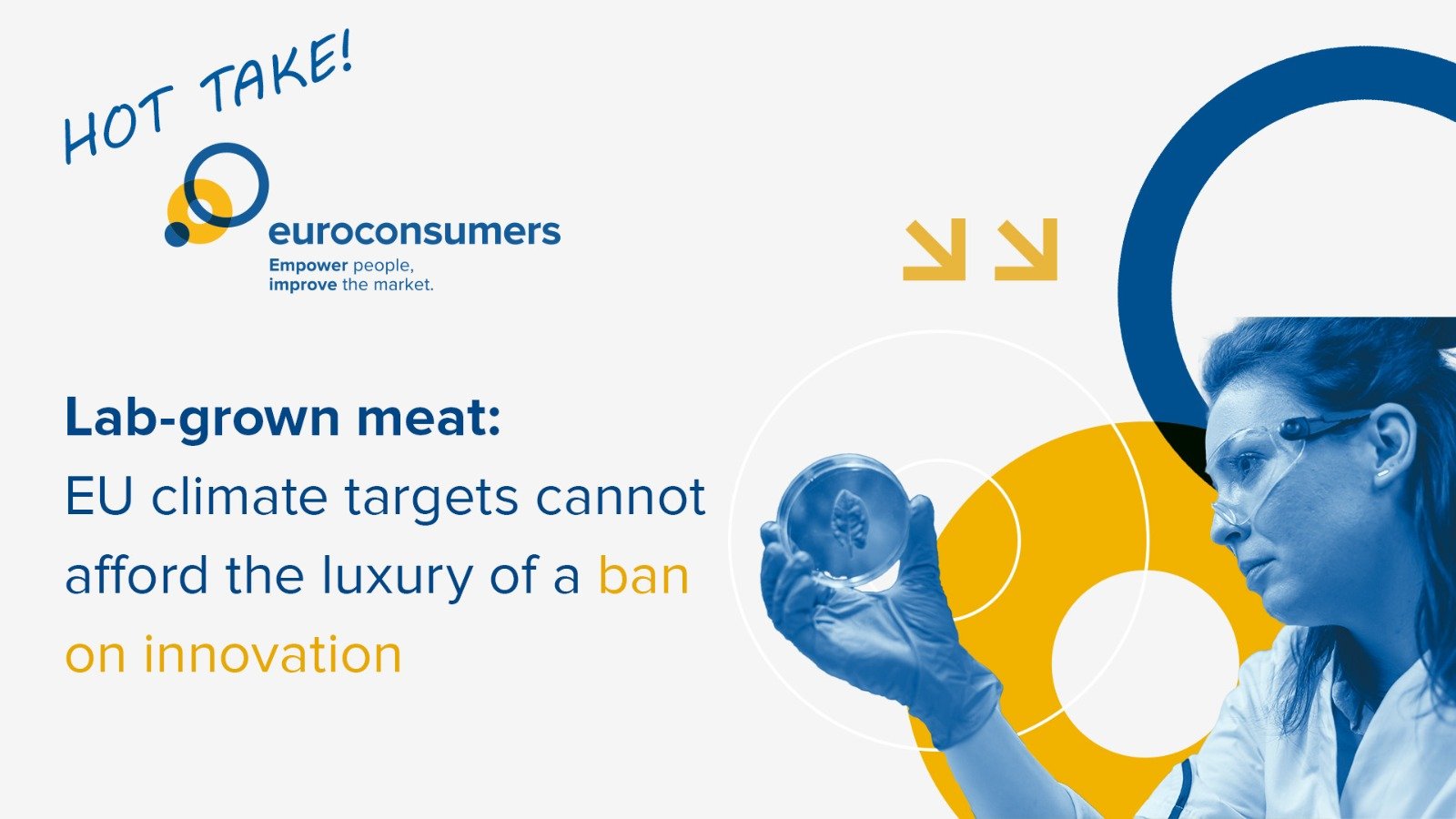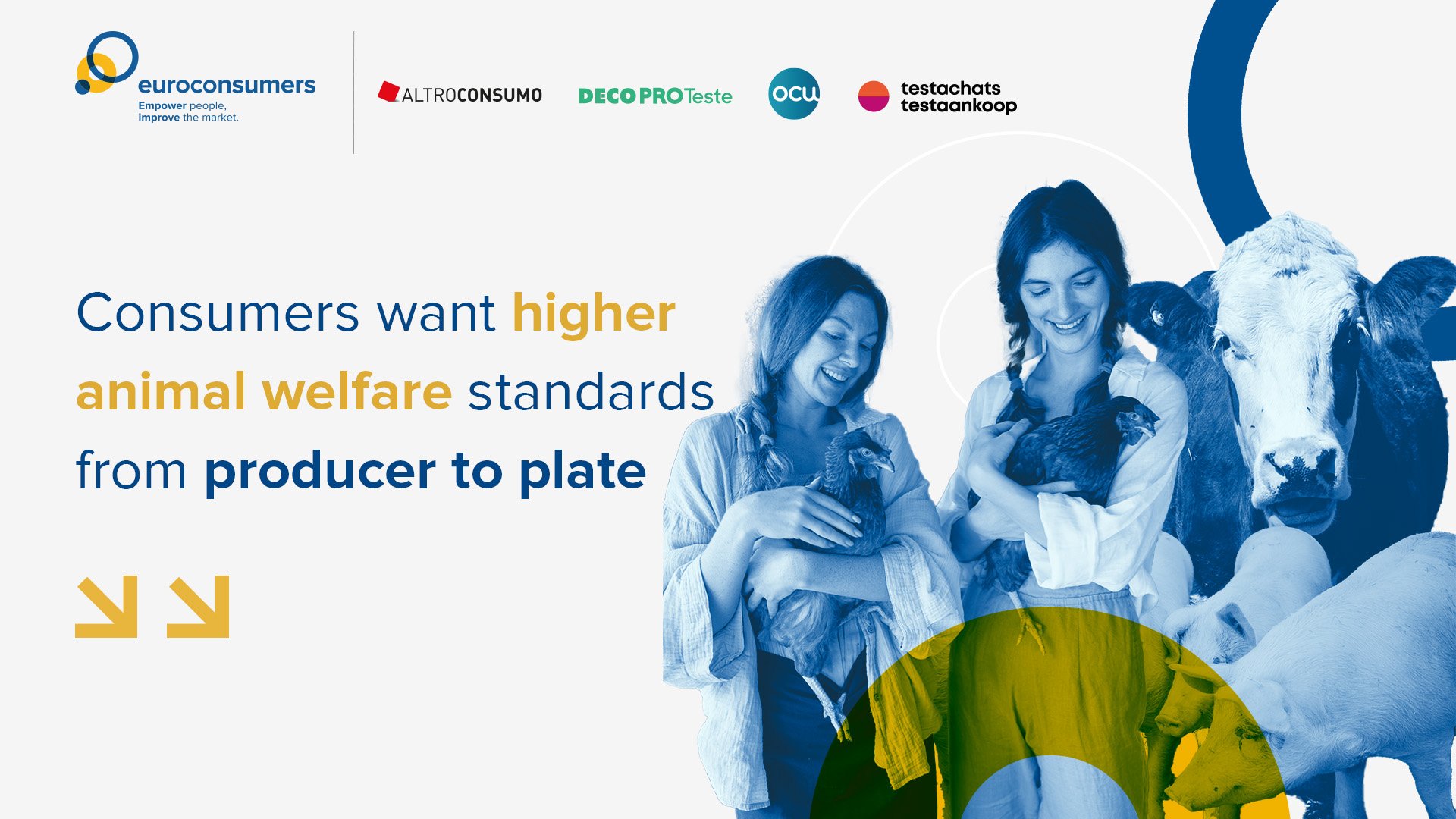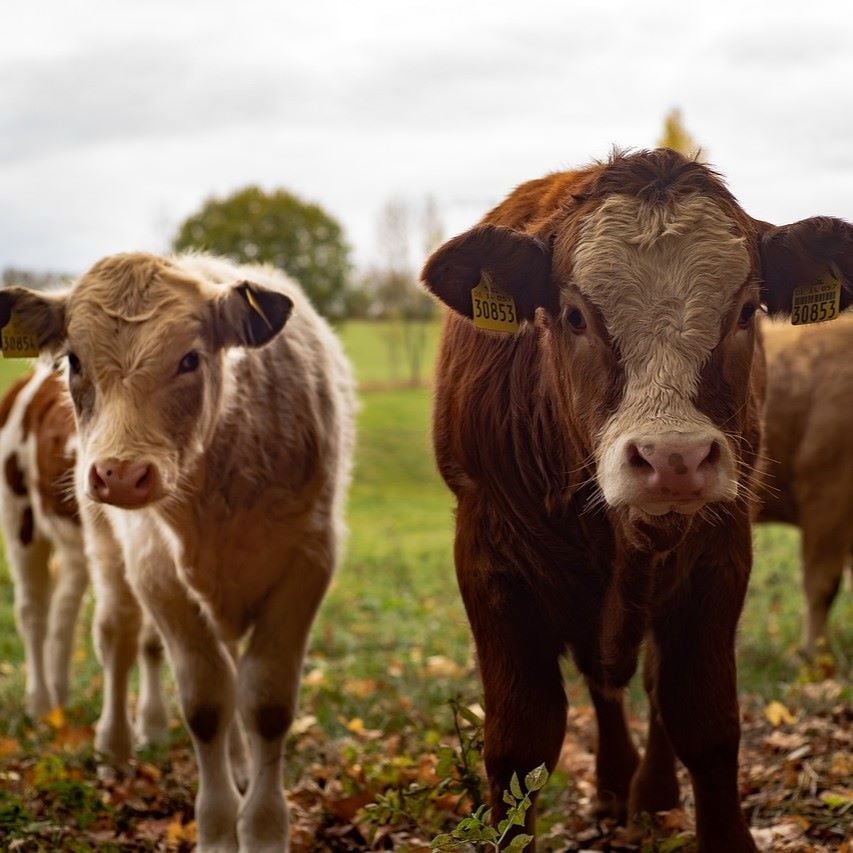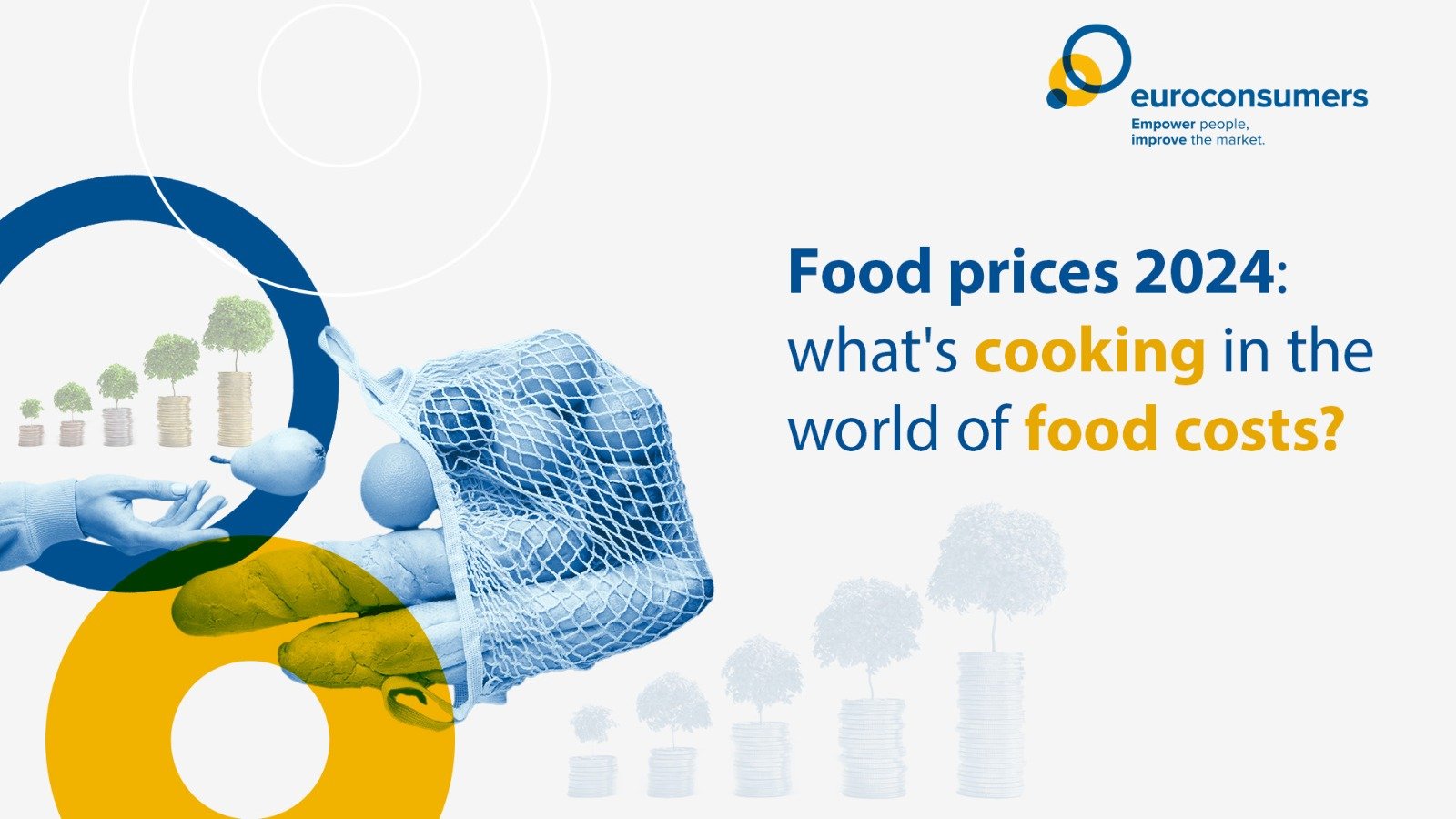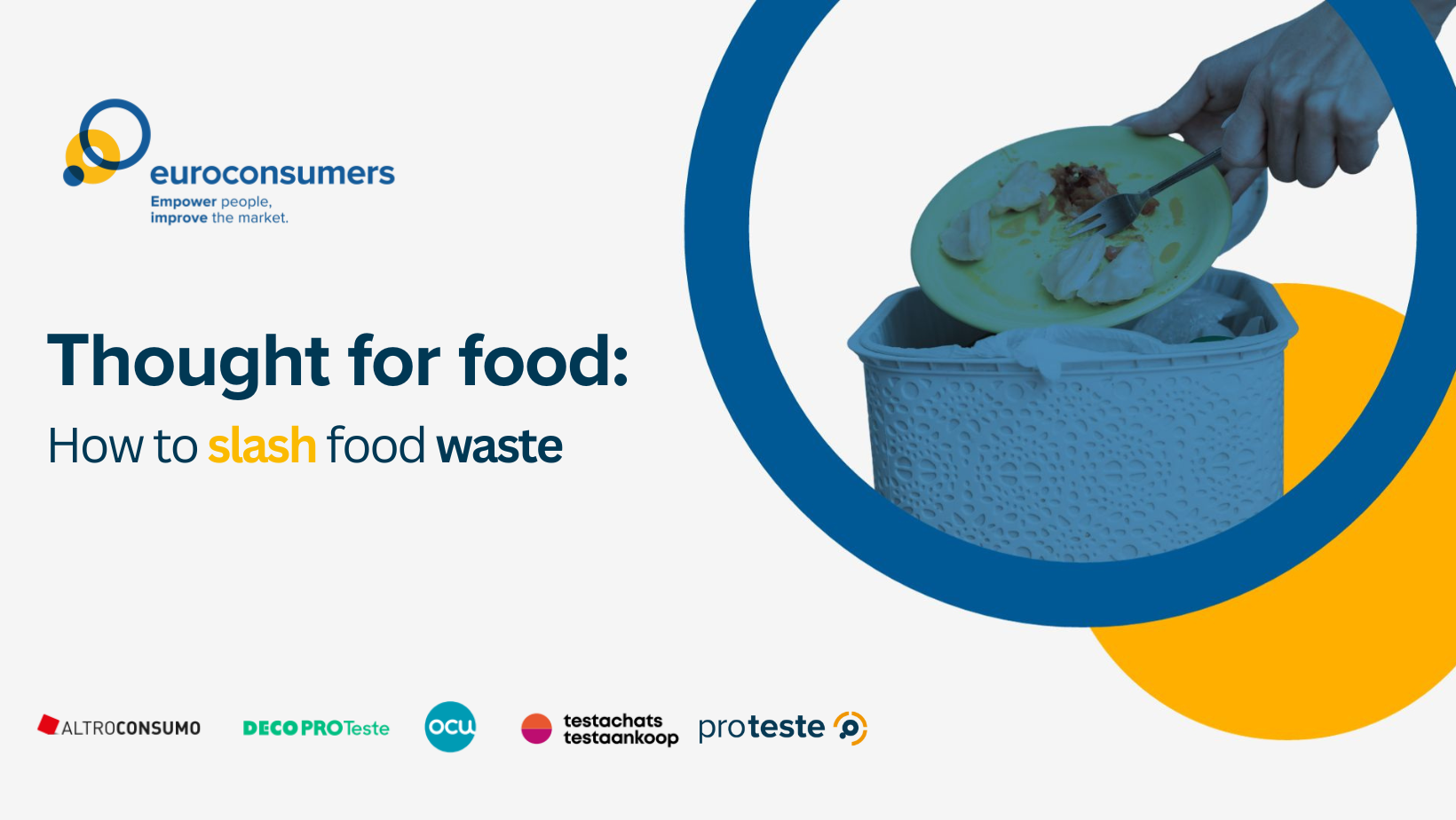The European Commission’s recent fitness check of the 1998 directive on the protection of farm animals, found that animal welfare has improved in the EU but that updates are needed. These could include: increased access to outdoor space, the introduction of consumer-facing animal welfare labeling, applying higher animal welfare standards to imported products.
But there will be some impact for consumers to factor in which is all the more reason to have their voices heard in this debate. The results of our survey reveal consumers’ eating habits, their concerns about animal welfare, how they feel about potentially paying more for food produced to higher welfare standards, and what will help empower them to improve the farmed food market.
Support for new laws to improve farm animal welfare
An overwhelming majority of consumers across all eight of the countries surveyed supported new laws to ensure the welfare of farmed animals. In total 89%, almost 9 out of 10 respondents considered this important, and just over half (52%) said it was very important. These figures were consistent with Euroconsumers’ members, with Italy and Portugal topping the highest support of all four countries: 96% thought it was important, while 63% in Italy and 61% in Portugal agreed it was very important.
Transition must be fair to consumers
Of course, it is one thing to give support to new rules and another to consider in detail what additional costs consumers were willing to accept on the price of meat, dairy and eggs.
Across all eight countries surveyed, 69% of respondents said they were willing to pay more for food produced with higher welfare standards, however to some extent and to very varying degrees (up to 5% only for half of those willing to pay more)
Some interesting differences came up with the Euroconsumers member countries. In Spain for example, 42% of respondents said they were not willing to pay any more, compared to only 24% in Italy who felt this way.
There are also variations in the added amount people were comfortable with paying. Italy and Portugal had similar numbers of people who would pay up to 5% more (38% for Italy and 37% for Portugal). Italy stood out with a quarter of people willing to pay 10% more, the highest proportion of the four countries and higher than the whole survey average of 21%.
There are some important nuances around who is more likely to accept paying more. Generally, those who care more about animal welfare are much happier paying more. Across all eight countries surveyed, 78% of the 41% who said they were very concerned about farm animal welfare were willing to pay more. Those who eat meat less frequently were also less willing to pay more and, unsurprisingly, people in a comfortable financial situation are more willing to pay more.
… and fair to farmers
The introduction of higher welfare standards, including increasing space for animals are introduced, might come with an impact on existing farms.
Consumers want the EU to provide funds to support the sector in transitioning to higher welfare conditions. The highest support comes from Italy and Portugal with 81% and 80% of consumers respectively agreeing additional funds from the EU were necessary.
Italy and Spain stood out as keen supporters of equivalent standards being applied to importers of meat, dairy and eggs too. In Italy, 84% of consumers said rules on farm animal welfare should also apply to imports from other world countries.
The issue of EU farmers facing unfair competition from countries with lower standards has caused controversy in the current Mercosur / EU trade deal negotiations which Euroconsumers explored in its recent Start Talking webinar called ‘Protectionism vs Globalisation: is the global trade system failing consumers?’
The power of innovation
Let’s not forget about the need to also explore innovation. Over half of surveyed consumers (55%) are confident that innovation and technology will provide solutions to improve animal welfare without increasing farming costs, in Spain this number is even over 70%.
However, while there is an important and ever evolving role for technology, it remains uncertain whether in the current state of play it will be enough to mitigate all costs related to improving animal welfare.
Clear information not “welfare washing”
Consumers also said a big no thank you to ‘welfare-washing’. Right now, consumers are very skeptical of claims about how animals are farmed. In Portugal, only 17% of those surveyed trusted claims related to animal welfare on the packaging of food products. 88% of respondents overall would respond negatively to if a product displayed false claims – saying they would stop buying the product and discourage others from choosing it.
